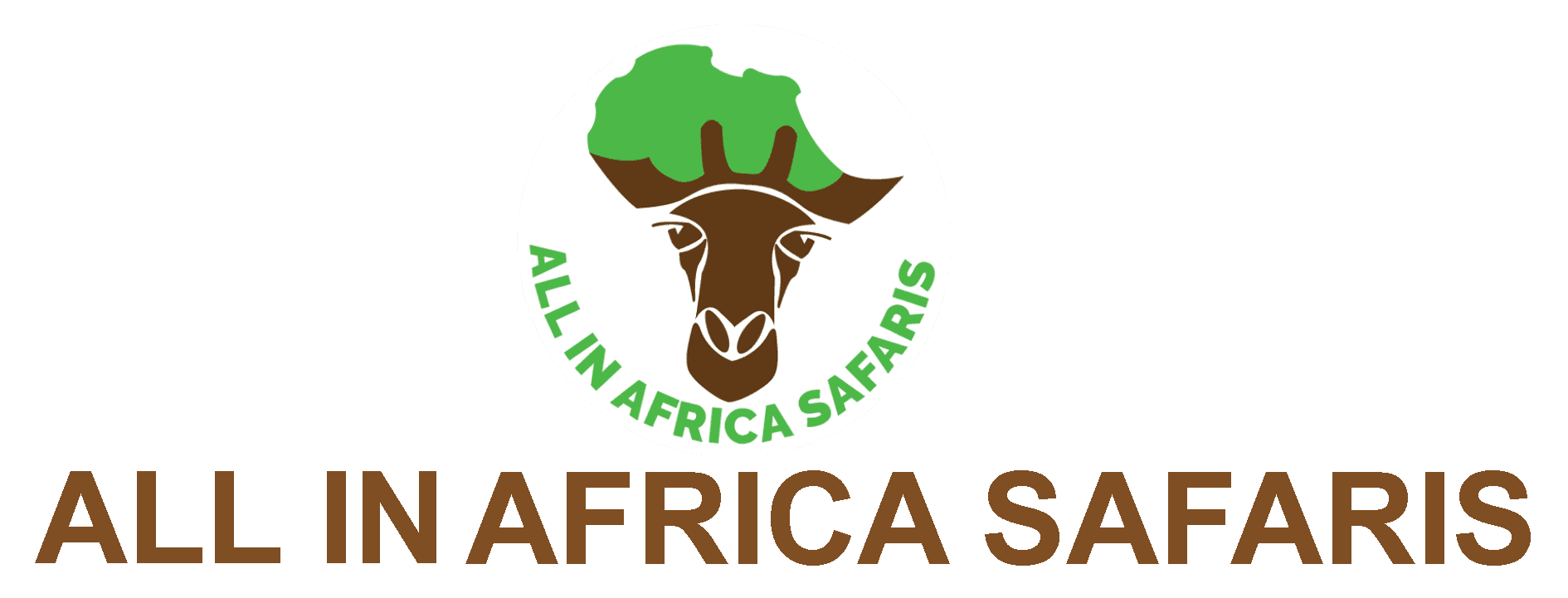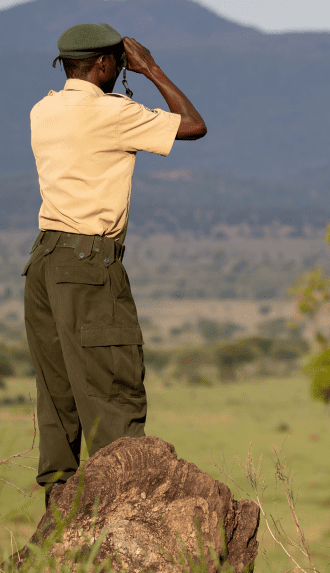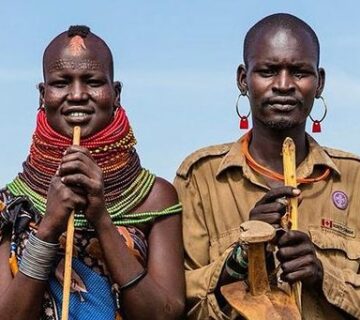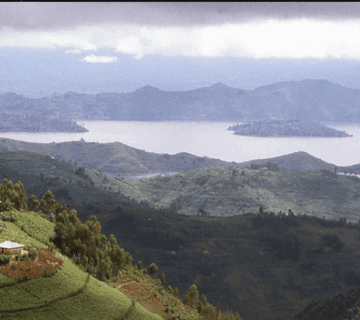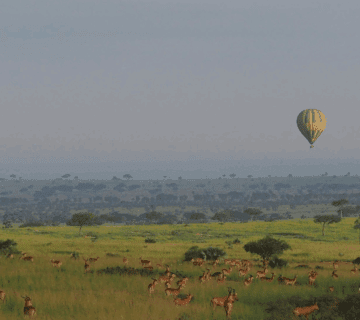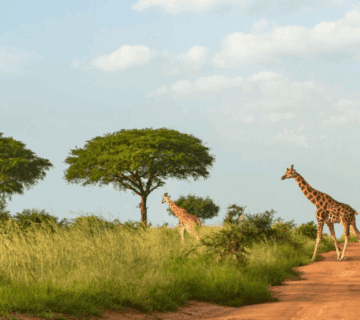Planning a group safari is a thrilling adventure. Whether you’re exploring the savannahs of East Africa, the rainforests of Central Africa, or the deserts of Namibia, embarking on a journey with friends, family, or fellow travelers brings with it shared memories and logistical challenges. One critical aspect often overlooked is group safari insurance. While it might not be the most exciting part of trip planning, it’s certainly one of the most important.
In this guide, we’ll explore what group safari insurance entails, why it matters, what it covers, and how to choose the right policy for your needs. We’ll also cover key considerations for group travel dynamics and how insurance plays a role in ensuring a stress-free, safe adventure.
Why Group Safari Insurance Is Essential
Safaris involve travel to remote areas, exposure to wild animals, and outdoor activities that carry a certain level of risk. Group safari insurance helps protect you against unexpected expenses due to medical emergencies, trip cancellations, lost baggage, or accidents.
Here’s why it’s crucial:
- Health and Safety: Medical care in remote areas may be limited. Insurance covers emergency evacuations and hospital stays.
- Trip Cancellations or Delays: Unexpected circumstances can force last-minute changes. Insurance reimburses non-refundable costs.
- Group Travel Complexities: With many people involved, the risk of disruptions increases. Insurance helps manage logistical and financial issues.
- Lost or Stolen Belongings: Cameras, binoculars, and personal items are often carried on safaris and may be lost or stolen.
Without proper coverage, a single incident can become a costly ordeal, especially when traveling with a group.
What Does Group Safari Insurance Cover?
The specifics of coverage depend on your provider and policy, but standard group safari insurance often includes:
1. Medical Emergencies
- Hospitalization costs
- Doctor visits
- Medical evacuation (airlifting if necessary)
- Prescription medication
- Repatriation of remains in worst-case scenarios
2. Trip Cancellation or Interruption
- Illness or injury preventing travel
- Natural disasters
- Political unrest
- Death of a traveler or immediate family member
3. Travel Delays and Missed Connections
- Compensation for meals, lodging, and alternate travel arrangements
4. Baggage and Personal Effects
- Coverage for lost, stolen, or delayed baggage
- Reimbursement for personal belongings
5. Adventure Activity Coverage
- Safaris may include hiking, animal tracking, or hot-air balloon rides. Check that these activities are covered.
6. COVID-19 Related Coverage (optional)
- Trip cancellation due to a positive test
- Quarantine accommodation
- Emergency medical treatment related to COVID-19
Group Safari Insurance vs Individual Insurance
While you can purchase individual travel insurance, group insurance is tailored for collective travel. Group policies often come at a discounted rate and offer benefits specific to shared experiences.
Advantages of Group Safari Insurance:
- Cost-effective: Group discounts lower individual premiums.
- Shared policy benefits: Coordinated claims and coverage.
- Easier management: One policy for all makes administration simpler.
- Tailored add-ons: Customize to your itinerary and group size.
If you are a tour operator or group leader, managing a single policy is easier than juggling multiple individual ones.
Choosing the Right Group Safari Insurance Policy
With many providers in the market, picking the right group safari insurance can be tricky. Here are some factors to consider:
1. Trip Duration and Destination
Safari insurance should cover all countries you’ll visit and the entire duration of your stay. Some policies exclude certain regions due to political instability or health concerns.
2. Group Size and Composition
Age, health, and activity levels of your group members will impact the kind of coverage needed.
3. Type of Safari Activities
Not all insurance covers adventure or wildlife-related activities. Look for policies that specifically include safaris, game drives, trekking, or other planned adventures.
4. Medical Coverage Limits
Check the policy’s medical limits. In Africa, medical evacuation can cost tens of thousands of dollars. Opt for high-limit policies especially if your group includes older individuals or those with pre-existing conditions.
5. Provider Reputation
Choose established companies with good reviews, reliable claims processing, and 24/7 customer support. Ask your safari tour company for recommendations.
6. Exclusions and Fine Print
Always read the policy exclusions. Many insurers do not cover:
- Pre-existing medical conditions (unless declared)
- Alcohol- or drug-related incidents
- Participation in extreme sports not disclosed
Common Insurance Providers for Group Safaris
Here are some insurance providers known to offer safari-specific or group travel insurance:
- World Nomads
- Allianz Travel
- Travel Guard (AIG)
- SafetyWing
- IMG Global
- AXA Assistance
These providers offer flexible plans that cover both leisure and adventure travelers, and some allow you to tailor your plan based on activity types and group dynamics.
Group Safari Insurance for Tour Operators
If you’re a tour operator organizing group safaris, having a group policy enhances trust and adds value to your package. Many travelers appreciate the convenience of booking a tour that includes insurance or has a recommended group policy in place.
Tips for Tour Operators:
- Partner with a reputable insurer.
- Negotiate group rates to pass savings to clients.
- Provide clear information on what’s covered and excluded.
- Ensure all travelers receive their policy documents in advance.
Offering insurance also reduces your liability in case of emergencies, cancellations, or injuries.
Making a Claim: What to Expect
Filing a claim for group safari insurance is relatively straightforward, especially with digital tools. Here’s a basic overview:
- Notify the Insurer Immediately: Contact your provider via phone, app, or website.
- Document Everything: Take photos, collect receipts, and get written statements from doctors or police if needed.
- Submit the Claim Online: Most insurers now accept digital submissions.
- Follow Up: Keep communication open and provide any additional information requested.
For group claims, a designated point person (like a group leader) can often handle the paperwork on behalf of others, streamlining the process.
Real-Life Scenarios Where Group Safari Insurance Helped
- Medical Emergency in Serengeti: A traveler suffered a severe allergic reaction. The insurance covered evacuation to Nairobi and hospital costs totaling $22,000.
- Lost Baggage at Entebbe Airport: A group of six had their luggage delayed. Insurance covered $1,200 in essentials per person.
- Trip Cancellation Due to Political Unrest: A group canceled a Uganda-Rwanda safari due to civil unrest alerts. The policy refunded $18,000 total.
These examples highlight how group safari insurance is not just a precaution but a critical safety net.
Tips to Maximize Your Group Safari Insurance
- Buy Early: Purchase insurance right after making your first trip payment. This increases eligibility for cancellation benefits.
- Share Medical Information: Ensure everyone has disclosed any health issues.
- Create a Group File: Keep copies of all policies, passports, emergency contacts, and health records.
- Designate a Point Person: One member should lead communication with the insurer in case of a claim.
- Review Before Departure: Go through the policy as a group so everyone knows what to do in an emergency.
Your group safari should be about breathtaking landscapes, unforgettable animal sightings, and shared adventure—not unexpected medical bills or trip disruptions. Group safari insurance provides peace of mind and financial protection, allowing everyone to focus on enjoying the journey.
With the right coverage, you’re not just safeguarding your investment but also ensuring the well-being of every member of your group. Whether you’re a group of friends, a family reunion, or an organized tour, don’t leave home without securing comprehensive group safari insurance.
Take the time to compare policies, understand the fine print, and consult your safari provider for recommendations. It’s a small step that makes a huge difference.
